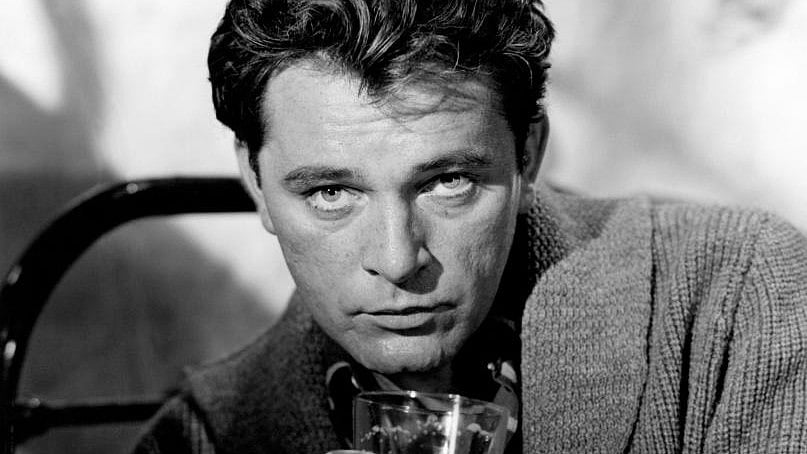
Richard Burton
Credit: X/@CHC_1927
International cinema has seldom witnessed an actor quite like Richard Burton. He was neither as unpredictable and versatile as Marlon Brando nor as debonair and stylised as Cary Grant.
Richard Burton attended the Royal Academy of Dramatic Arts, London, but never allowed theatricals to dominate his screen performances. No wonder Sophia Loren, Ava Gardner and Elizabeth Taylor—his legendary co-stars—always enjoyed working with him.
I still remember, as a schoolboy in 1975, our English teacher, Joseph Kodaikanal, making us listen to Burton’s recording of Samuel Taylor Coleridge’s The Rime of the Ancient Mariner. His diction as he recited, “Water, water everywhere, nor any drop to drink,” gave me and my classmates goose pimples. I became a Burton fan after hearing that British Council recording and later watching Where Eagles Dare.
My fondness for Burton matched my admiration for Gregory Peck, Charlton Heston and Robert Mitchum. In Burton I noticed a distinct ability to lend every character a touch of class. Blessed with a commanding screen presence, he overcame his relative lack of height through superb, method-oriented performances.
In the mid-1980s, after watching De Sica’s masterpiece The Voyage, starring Burton and Sophia Loren, I was simply overwhelmed. As Cesare, the husband of Adriana, a woman with heart ailments, Burton delivered a performance steeped in emotion yet marked by exceptional control. Loren matched him in every frame with her inimitable intensity.
I could not initially digest the fact that Richard Burton and Elizabeth Taylor married twice and divorced each other. Later, after reading more about them, I could empathise. Yet, Burton and Taylor maintained their differences without hampering the silent regard they had for each other.
This was evident in their performances in Cleopatra and Boom. I wondered how they matched expressions, delivered dialogues with measured modulation and never went overboard. The same was true of The Night of the Iguana, in which Burton delivered a performance of a lifetime opposite the brilliant Ava Gardner. A simple twitch of his eyebrow could convey a hundred unspoken words.
I often compare, in my mind, Sir Laurence Olivier, Richard Burton and Peter O’Toole. I found my answer while watching Beckett: Burton and ’O’Toole were equally brilliant, neither attempting to overshadow the other.
The same balance was evident in Carlo Ponti’s Massacre in Rome. Marcello Mastroianni, playing an Italian priest, was a perfect foil to Burton’s ruthless Nazi commander. In an interview with The London Times, Mastroianni said his greatest on-screen challenge was to “histrionically combat Richard Burton”.
I share the view of many that in war sagas such as Raid On Rommel, The Desert Rats or The Wild Geese, Burton was effortless. But I was most moved by the control of his eyes and the restraint in his delivery in The Assassination of Trotsky and 1984. Burton emoted without artifice and was unfailingly precise in the tightest of shots. As his centenary dawns, I join countless admirers in wondering why, despite seven nominations, Richard Burton never won an Oscar.